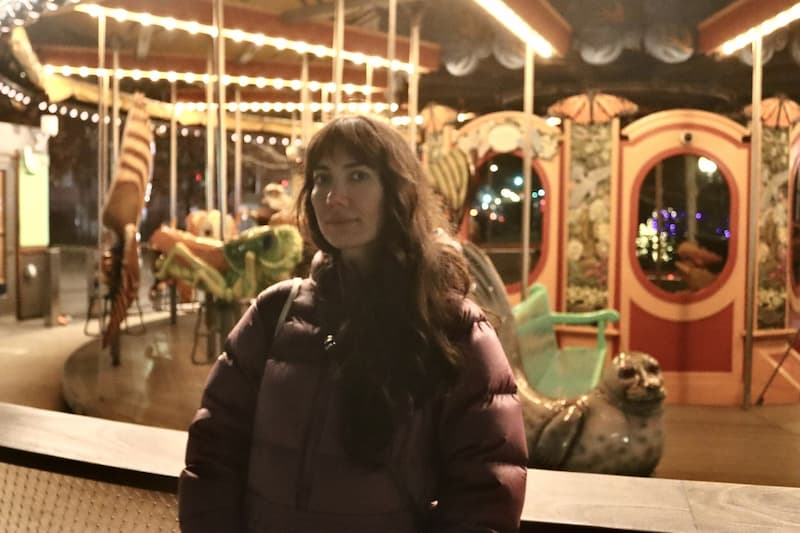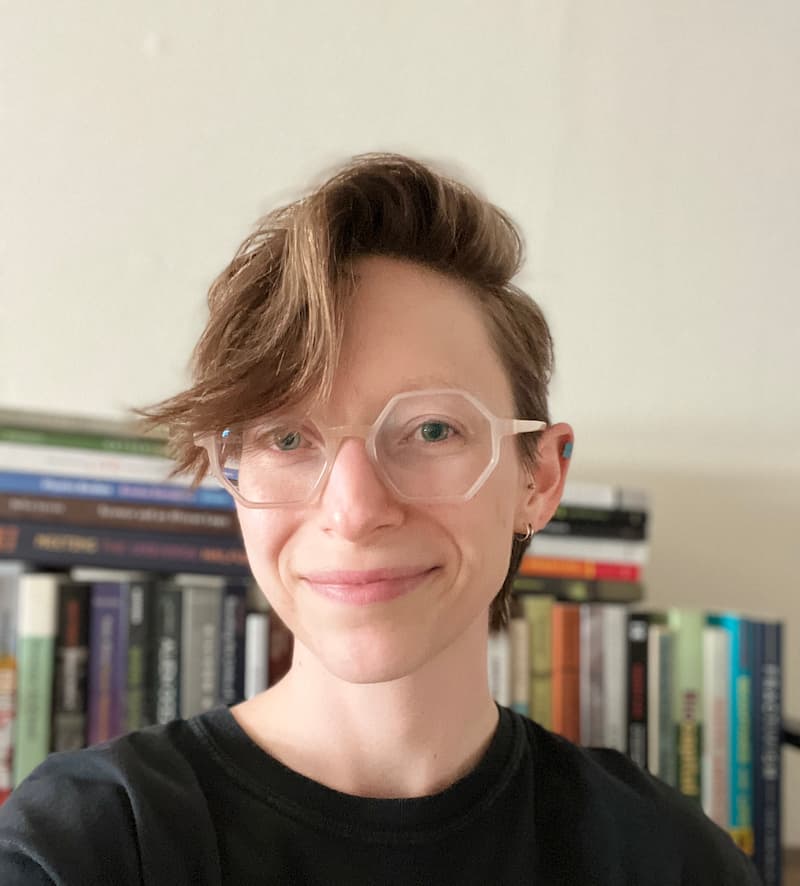2012 Honorable Mention
Audibly Present
Mediating Racial Politics in Afro-Brazilian Radio
by Reighan Gillam
By Prize Committee members—Caitrin Lynch, chair (Olin C), Elizabeth Ferry (Brandeis U), and Anastasia Karakasidou (Wellesley C) We are pleased to announce the winner of the Elsie Clews Parsons Prize, for best graduate student essay. We enjoyed reading this competitive batch of essays that so wonderfully demonstrated that graduate-student work can powerfully exemplify AES’s commitment to using ethnographic writing to build theory and anthropological understanding more generally.
We awarded Honorable Mention to Reighan Gillam, from Cornell University. Her essay, “Audibly Present: Mediating Racial Politics in Afro-Brazilian Radio,” is an analysis of Dandaras, a radio program produced by college students in São Paulo. Gillam’s beautifully written essay exemplifies the power of ethnography to describe and analyze contemporary debates. Gillam racializes the Afro-Brazilian public sphere in a very specific historical way, so the reader comes away with a complex and situated understanding of struggles and aspirations. We greatly admired the confluence and insights resulting from the similar projects of the anthropologist and the radio station: both are simultaneously cultural producers and cultural reporters. Gillam takes on the lessons learned from the failure of the radio station and demonstrates how the failure was taken up on the ground and what it tells us about the ephemerality of political action.
The Parsons prize, for an essay that engages with AES core commitments to combining innovative fieldwork with rich theoretical critique, is awarded roughly every-other year for an outstanding graduate student essay based on ethnography. The winner traditionally delivers the paper at the AES spring meeting, and this year was no exception: Vaughn and Gillam were both in attendance to receive awards at our spring meetings in New York City. Vaughn’s and Gillam’s work collectively speaks to the meeting theme of “Anthropologists Engage the World,” where we examined how anthropologists—through theory and practice—engage the crucial issues, movements, institutions, and debates facing our world.



